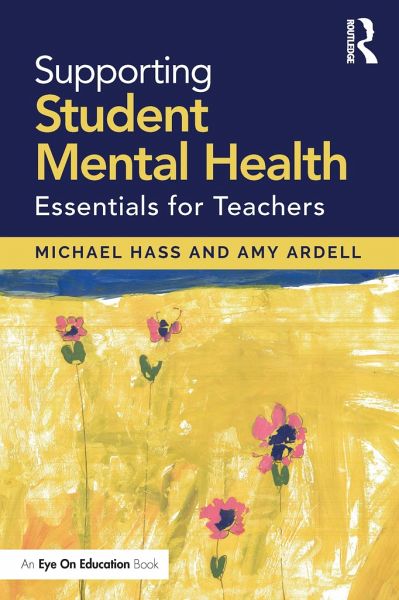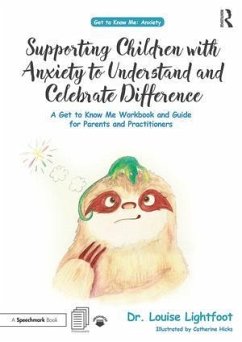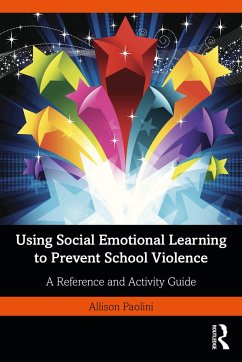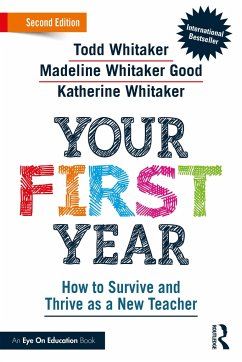
Supporting Student Mental Health
Essentials for Teachers
Versandkostenfrei!
Versandfertig in 6-10 Tagen
32,99 €
inkl. MwSt.
Weitere Ausgaben:

PAYBACK Punkte
16 °P sammeln!
Supporting Student Mental Health is a guide to the basics of identifying and supporting students with mental health challenges. It's no secret that your responsibilities as a teacher go beyond academic achievement. You cover key socioemotional competencies in your classrooms, too. This book is full of accessible and appropriate strategies for responding to students' mental health needs, such as relationship-building, behavioral observation, questioning techniques, community resources, and more. The authors' public health, prevention science, and restorative practice perspectives will leave you...
Supporting Student Mental Health is a guide to the basics of identifying and supporting students with mental health challenges. It's no secret that your responsibilities as a teacher go beyond academic achievement. You cover key socioemotional competencies in your classrooms, too. This book is full of accessible and appropriate strategies for responding to students' mental health needs, such as relationship-building, behavioral observation, questioning techniques, community resources, and more. The authors' public health, prevention science, and restorative practice perspectives will leave you ready to run a classroom that meets the needs of the whole child while ensuring your own well-being on the job.














